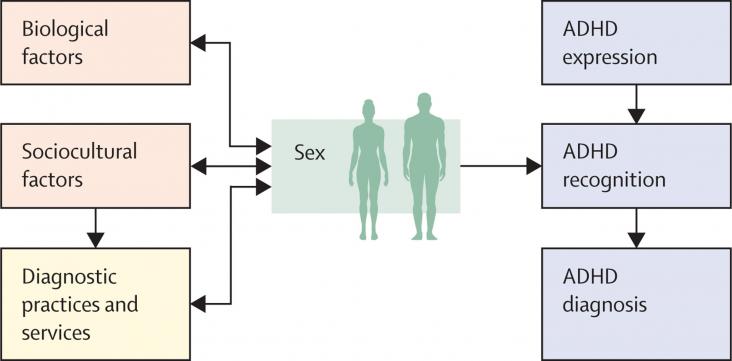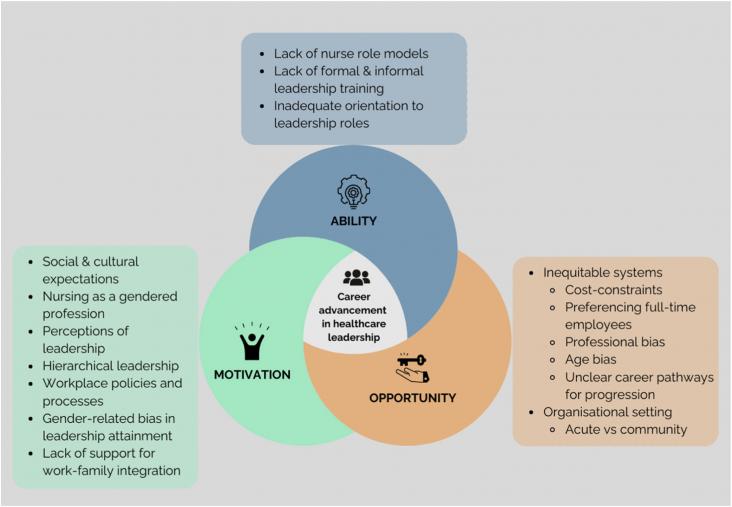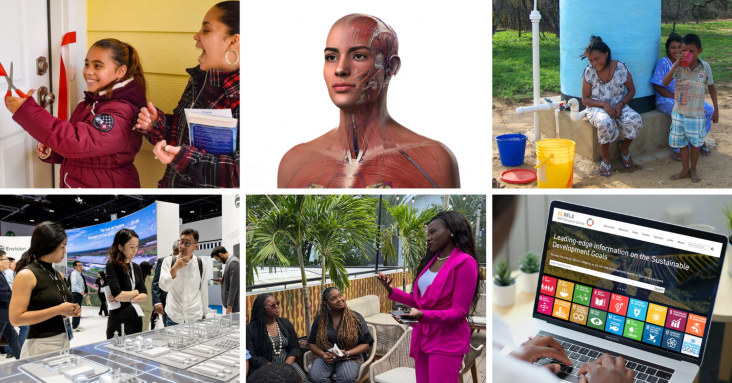Divorce remains illegal in the Philippines, and this Comment considers the legal situation around divorce and the risk of abuse and other mental health implications of this situation for women. It calls for legal changes to advance gender equity.

This Viewpoint looks at the reasons that females tend to be less likely to be diagnosed with ADHD, are diagnosed later in life, and are less likely to be prescribed medication. It considers potential biological factors including genetic factors, the influence of diagnostic factors such as diagnostic overshadowing, and sociocultural explanations including sex differences in presentation and compensatory behaviour.

This Article supports SDG 5 by showing that women nurses aspiring to become healthcare leaders face multiple barriers, including cultural, professional, organisational, and individual barriers. The findings should help to inform workplace policies that can lessen these barriers.
The latest global prison trends from Penal Reform International suggest that approximately 740 000 women are in prison and that the number is rising in most regions. Neither the UN 2030 Agenda for Sustainable Development7 nor the UN definition of vulnerability make explicit reference to human rights of people deprived of their liberty.
This article shows that hospital-based newborn SCD screening and follow-up programs would be feasible in Haiti.
This Personal View supprts SDGs 3 and 10 by discussing the multifaceted approach and the various stakeholder involvement needed for the expansion of access to new antibiotics while balancing with the prevention of excessive use
This Series paper supports SDGs 3 and 10 by describing health-care coverage and quality across the four countries, quantifying inequalities in these outcomes by socioeconomic status within country, and assessing the contribution of government, social security, and private health sectors to observed inequality.
The researchers examined the use of footwear that incorporates force-sensing resistor sensors to classify lower limb disorders affecting the knee, hip, and ankle joints. The outcomes of the study reveal promising findings for future gait analysis and injury diagnosis, and the potential of force-sensing resistors (FSRs) and machine learning techniques for improving the assessment of lower limb injuries, and thereby furthering SDG3.
This study indicates that among people with higher levels of disability, engaging in physical activity is linked to more effective stress coping through enhanced self-efficacy. However, this effect was not observed among people with low levels of disability.

As we pass the halfway point for the SDGs, many of the goals are worryingly off track and progress on 85% of the target indicators has stalled or even reversed. Through our information, products and people, RELX remains committed to advancing the Goals. Here are some of the ways that we continue to support their achievement.
